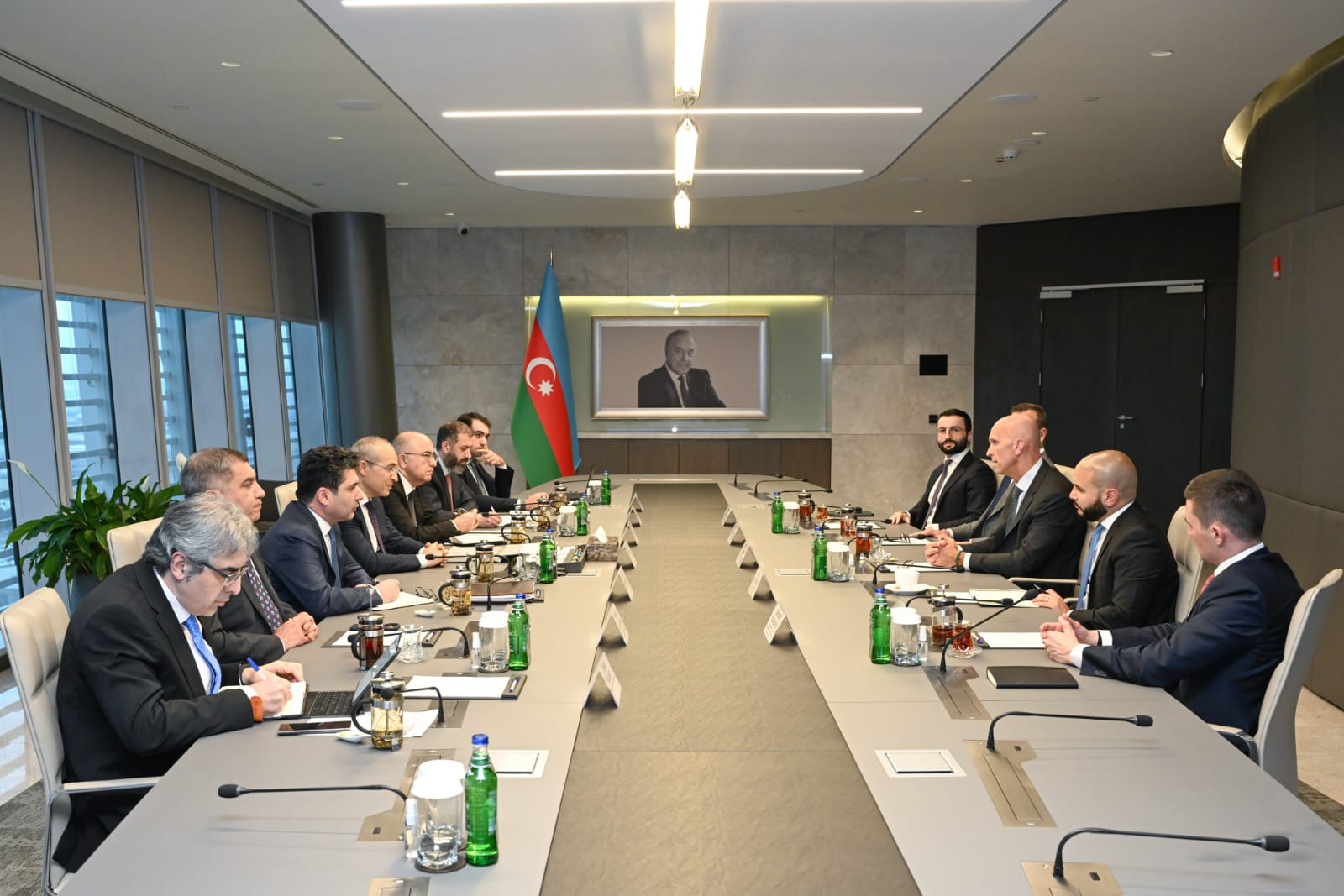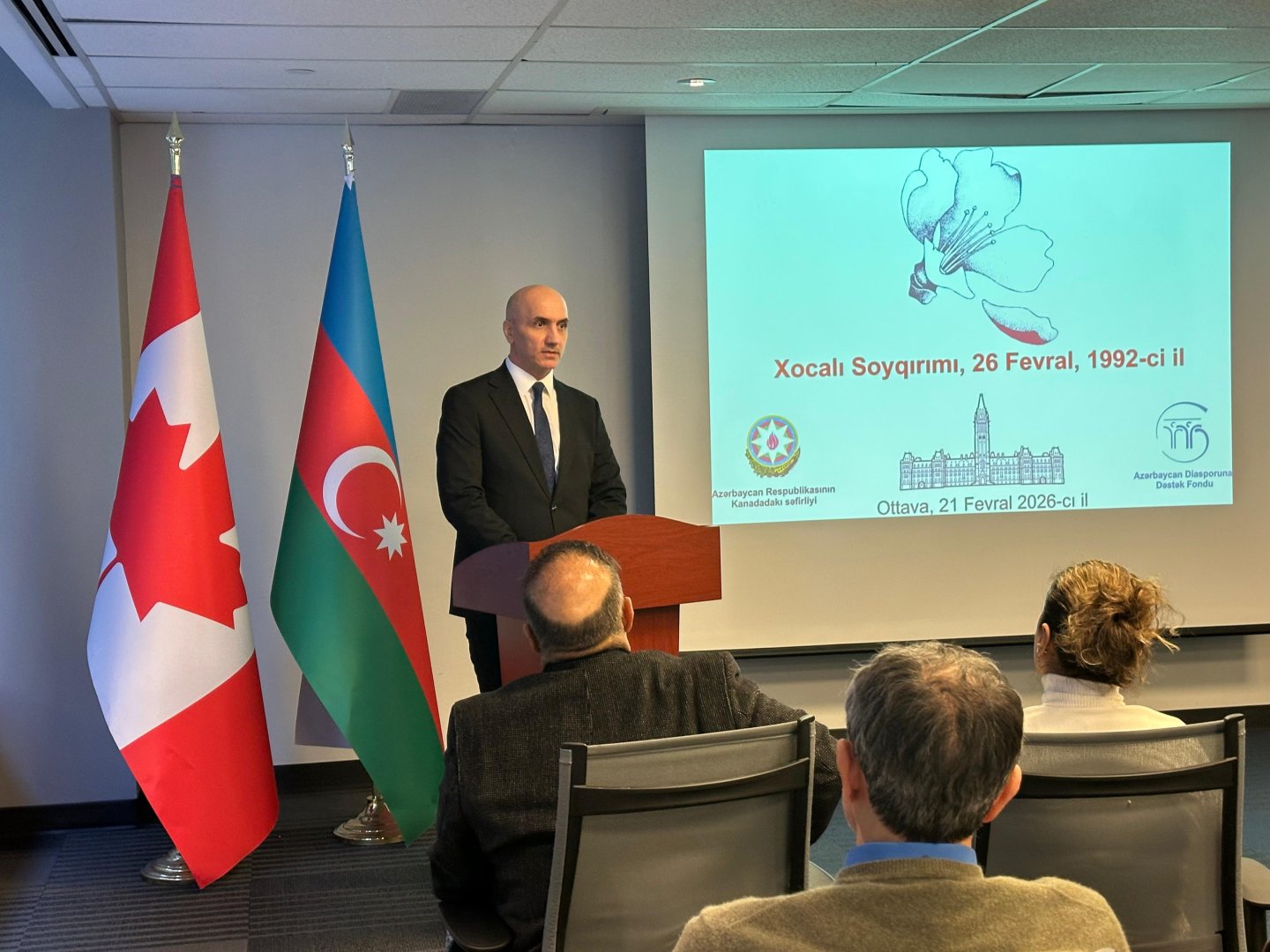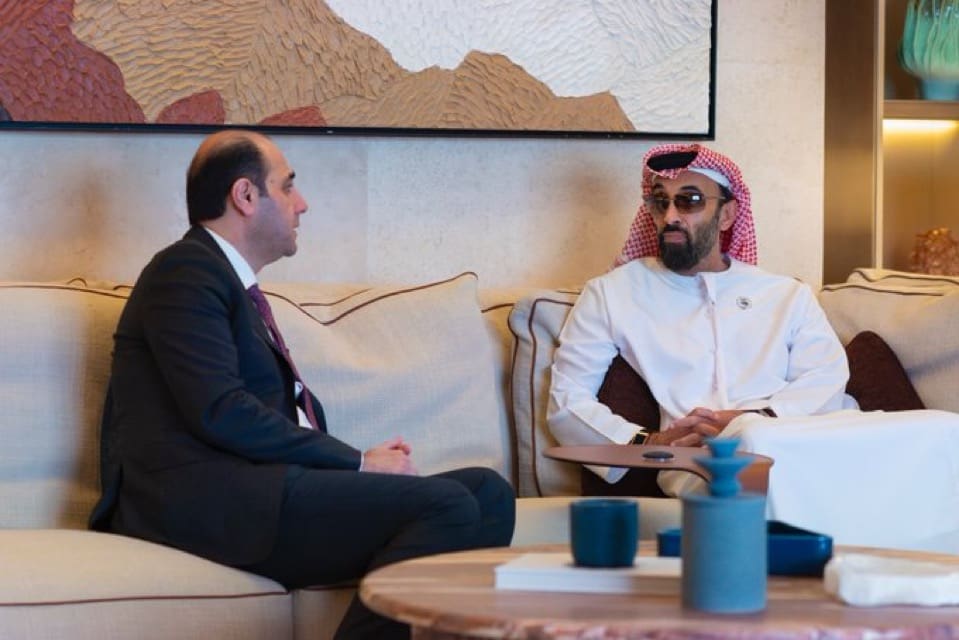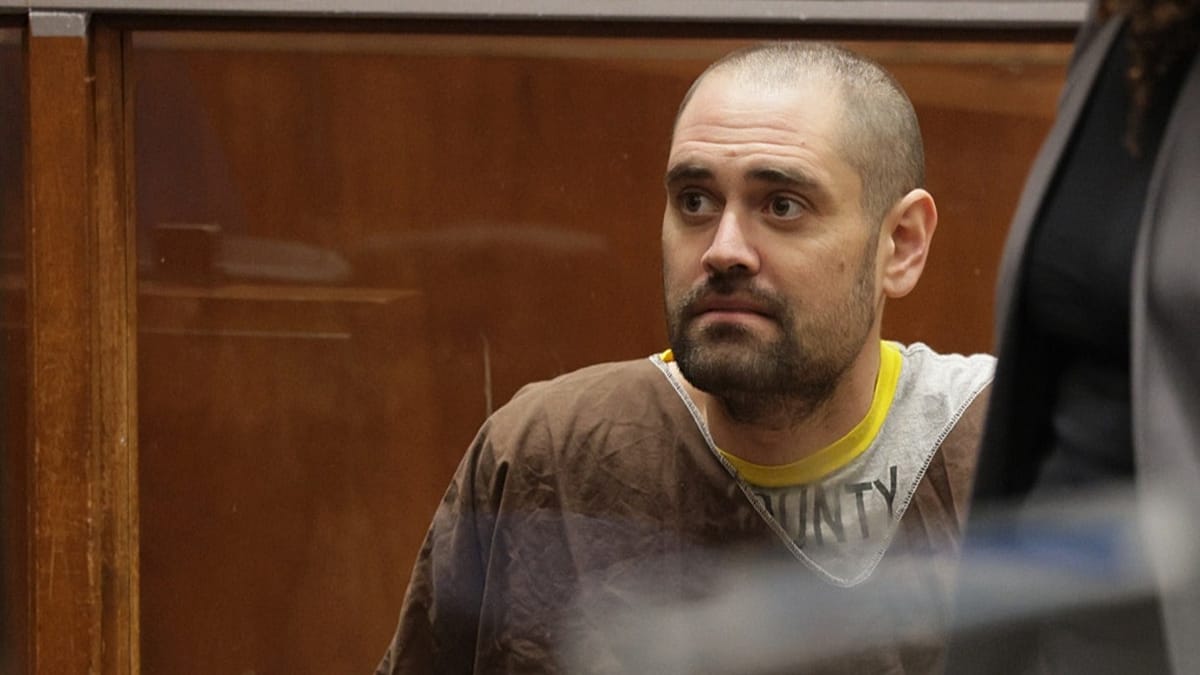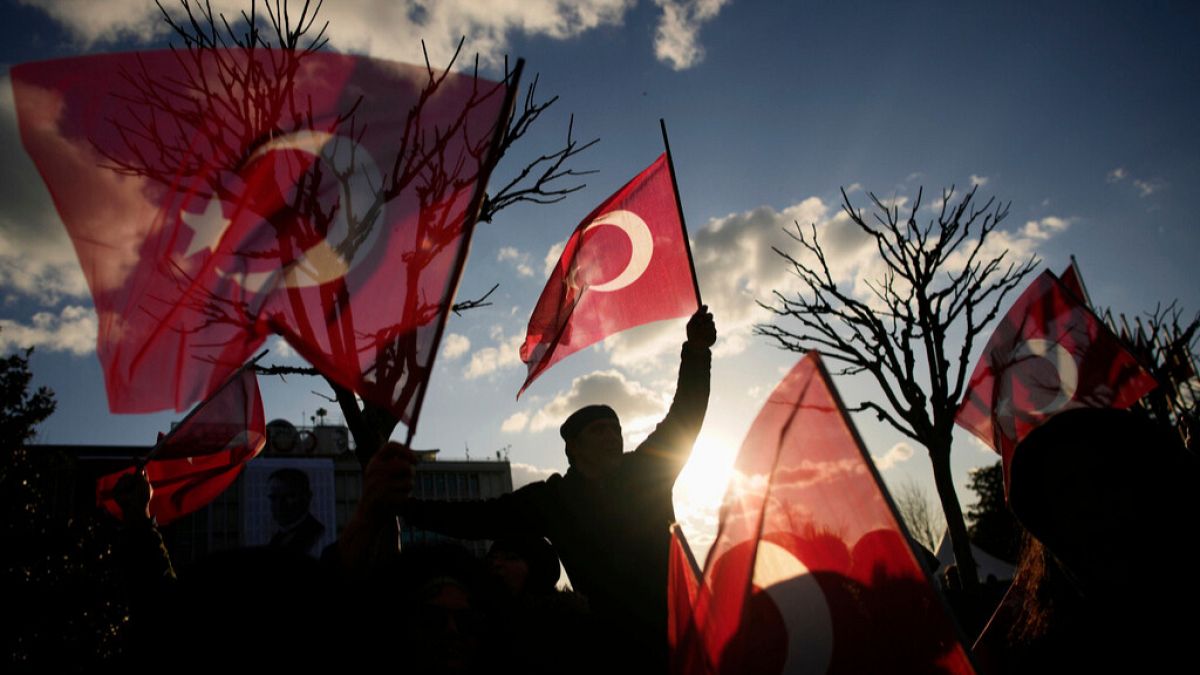Stier: The countries of the Western Balkans now have an opportunity, they need to seize it

Brussels, (Fena) – The representative in the European Parliament and chairman of the Delegation for relations with Bosnia and Herzegovina, Davor Ivo Stier, said that it is no secret that this new geopolitical moment, which has led the European Union to put enlargement back on the agenda, came after the Russian aggression against Ukraine.
– Now it needs to be seized. The countries of the Western Balkans have this opportunity now. Some countries have taken great advantage of it – Stier told journalists from BiH who are on a study visit to the institutions of the European Union in Brussels.
He praised Albania, which, as he said, has made enormous progress. He reminded that just a few days ago it opened the last cluster of negotiation chapters.
– In a very short time, it has shown that it can move quite quickly and in this way send a message to its citizens that ‘it pays off’. Of course, a lot of work is needed, but it is within reach if there is political will and if the pace is feasible. And it is obviously possible – said Stier.
He expressed the desire for all countries of the Western Balkans to seize this chance, “and specifically, as the head of the Delegation for BiH, I would like Bosnia and Herzegovina to do so,” reported Fena’s journalist from Brussels.
Stier also spoke about the role of the chief negotiator with the EU, stating that the chief negotiator is the point with which the European Commission will negotiate with BiH on behalf of the entire EU.
– It goes without saying that the chief negotiator must closely cooperate with the executive authority, that this person must know what the Council of Ministers of BiH is doing, what is happening in each individual sector. But it is also understood that these reforms will have to be turned into laws at some point. Therefore, they must have a majority, or support, in the Parliamentary Assembly of BiH – in both houses so that these reforms can later be translated into concrete laws – emphasized Stier.
He said it is important for the chief negotiator to be a professional “who knows the subject, who can represent the country well, who can articulate positions well.”
According to him, it is clear that these positions must also be brought by the Council of Ministers, as it has an executive function. It is also clear that it must have the support of the Parliament of BiH.
– I cannot imagine having a chief negotiator who would not communicate with the Council of Ministers. Simply, it would not work. But it is also clear that when certain things are agreed upon, certain laws must then be passed, and for that, there must be a majority in the PSBiH, in both houses – said Stier.
He also spoke about the Dayton Peace Agreement, stating that it stopped the war and established a certain architecture that takes into account some balances within Bosnia and Herzegovina itself, among the constituent peoples, among the citizens.
As the country prepares and moves towards membership, certain changes are always possible and necessary.
– There is the amendment of the Electoral Law, but not only that. Everything is listed in the 14 priorities presented by the European Commission. The way in which this will be done must be in accordance with the Constitution and Dayton – noted Stier.
He added that this does not mean that nothing can be changed, that it is fixed forever, but the way in which it is changed must be in accordance with existing constitutional provisions, in accordance with Dayton and with the idea of Dayton about internal balances in BiH.
– It is not enough for a certain factor to advocate for the European Union if there is no broader consensus. However, that consensus exists. All our research shows that among Bosniaks, Serbs, Croats, and other citizens in BiH in both entities, a vast majority of people see the future of BiH in the EU – said Stier.
Therefore, political institutions must recognize, articulate, and accelerate Bosnia and Herzegovina’s path to the EU – Stier concluded. (21.11.)

